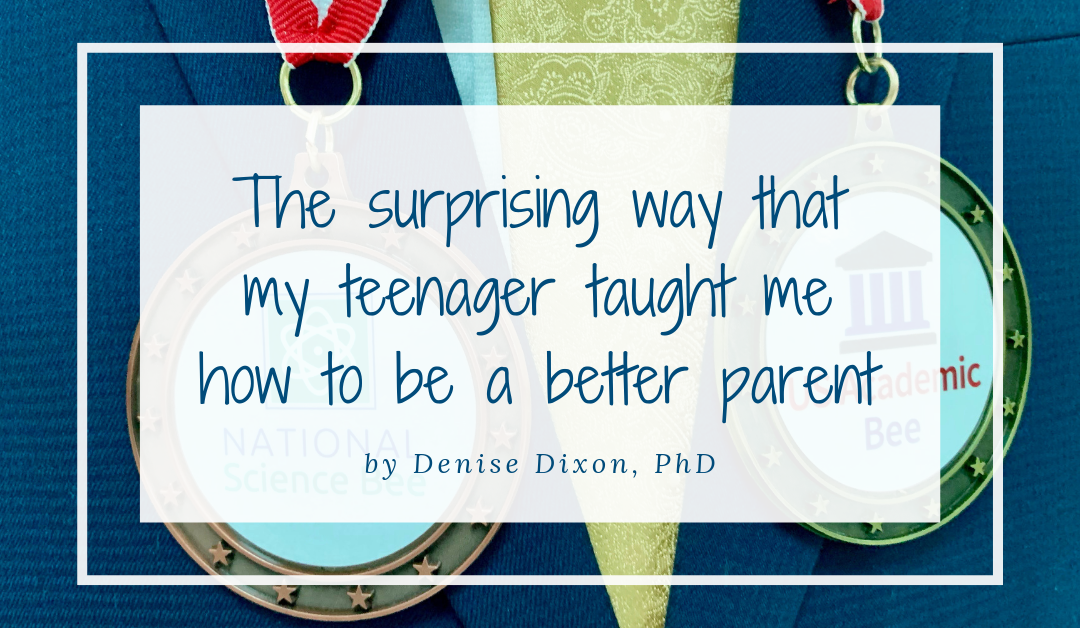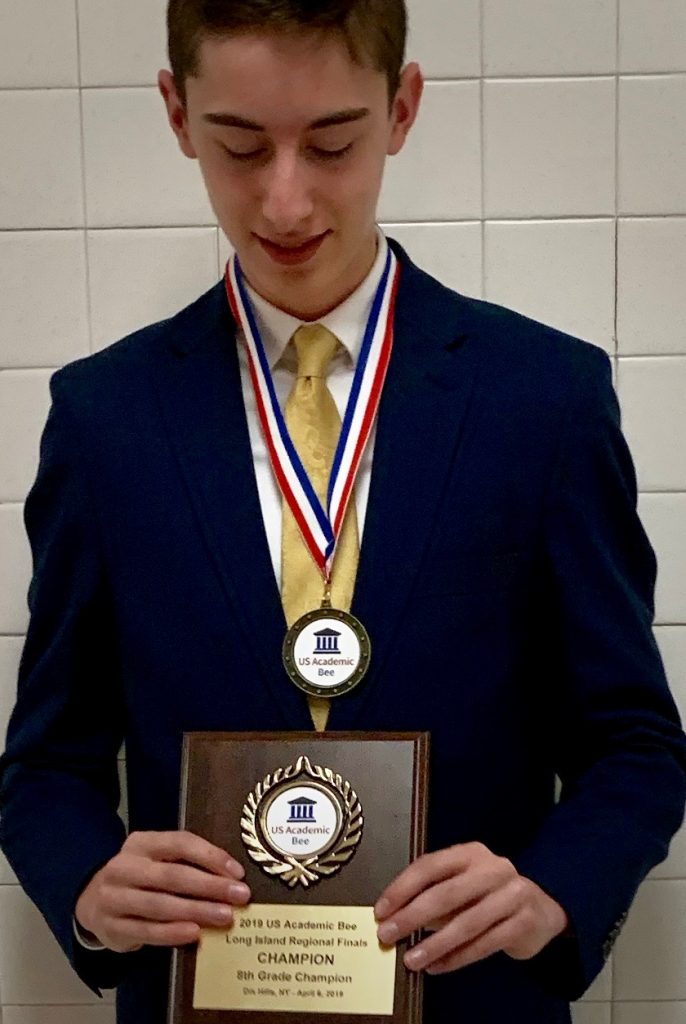Ah, the joys and frustrations, of parenting a teenager, with their many (and rapidly changing) contradictions.
One minute, they can be loving, caring, funny, and cooperative. The next moment — at the drop of a hat — they can be angry, rude, selfish, and disrespectful.
Are you with me?
Yes, I can sense many of you, nodding with me, in agreement.
The “storm and stress” of the teenager years
Developmental psychologists have described adolescence with the term “strum und drang” (translated from the German, “storm and drive”, which was a proto-romantic movement in German literature and music, c. 1760’s to 1780’s). The music and literature of this period is known by (the sometimes shocking) extremes of emotional expression.
Sounds a lot like the teenage years, yes?
It was thus considered fitting, to extend the term to the so-called “storm and angst” or “storm and stress” of the adolescent years. After all, adolescents can be quite moody, right?
In fact, a fair amount of research about the neurobiology of the teenager years has supported this (somewhat hotly debated) way of looking at adolescence. Some research has found that the parts of the brain that control calm, rational decision making, appear to be out-balanced by the parts of the brain that involve emotional reactivity.
So, there, you go!
SEE ALSO: How a blue whale taught me how to cope with pain
Our hopes and dreams for our children
From the moment that they are born, we have so many dreams and expectations for our children. We read books and articles on parenting, and seek advice from trusted friends and family.
We strive to raise the most successful, happy, very best kid, ever!
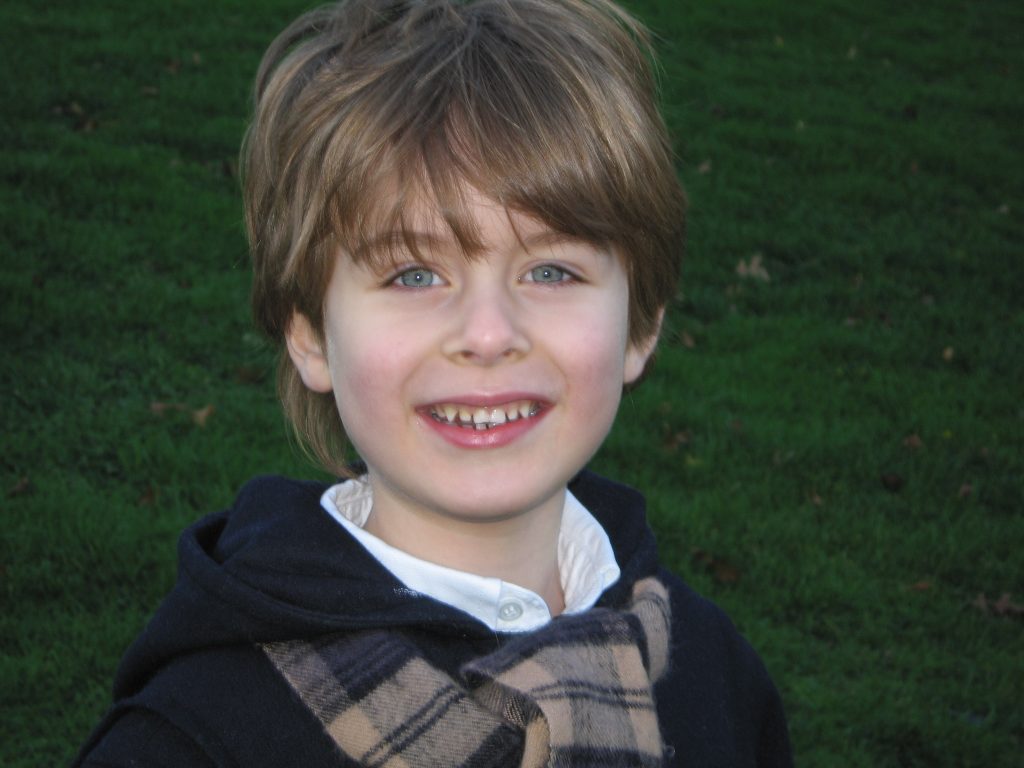
I found myself brimming with love and high hopes, for this little guy.
We strive to be the best parent, ever!
Our hopes and dreams are all good and helpful — for a happy home, and for the world, at large — but what about our children’s emerging sense of self?
From the time that our children are toddlers, and begin to walk, we teach them that — with practice, and determination — they can do anything. We help them to become their own person, to be independent, to get along with others.
As our children grow, we set safe limits and structure for them, teach them the rules, show them how to be respectful, share our values and beliefs, motivate and inspire them. And then, we encourage them to become their own person, with their own ideas, values and standards.
From the first day of kindergarten, we encourage our chidren to know who they are, and what they want.
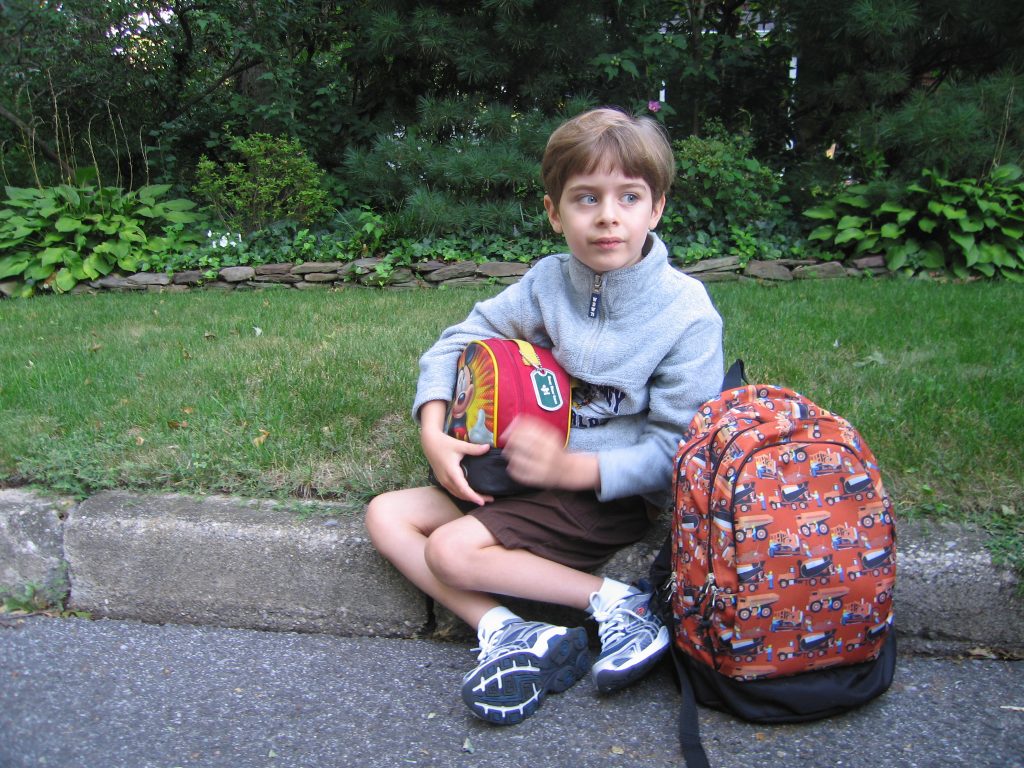
The teenagers years, as the age of prematurity
Fast forward to the pre-teen, and then teenager years.
Our tweens and teens are now physically larger (sometimes, even taller than us!) They are verbal, self-centered, and capable of more independence. And yet, they are still quite dependent on us, for so many things.
This is the age of “prematurity”—when teenagers are simultaneously able and unable to act independently.
As parents, we strive to hold our teenagers accountable — without having to direct their every thought and behavior. We may believe that we no longer need to guide them quite as closely, as during their toddlerhood.
However, adolescence has been described as a second — or emotional — toddlerhood! Yes, a time that is rife with clashes of wills (rules), confusion, and rapid mood swings (no, not bipolar disorder!)
Every day with a teenager is an adventure
Yes, I have one, too.
A healthy, smart, funny, caring… and then sullen, selfish, difficult, disrespectful teen-age boy.
And, I love him, with every molecule of my being.
Even during the less than fun parenting moments. In fact, the first two years of middle school, were fraught with many difficult moments. Throughout, I’m sure that there were many times, when I must have looked like this:
Miraculously, something “clicked” for him, in the beginning of 8th grade, and my teenager started to excel academically.
So much so, that he qualified for the regional history, science, academic and geography bees, to be held at a local high school, on one Saturday, in April, of this year.
The first challenge: getting a teenager out of bed (on a Saturday morning)
Isn’t the task of getting a teenager out of bed on a Saturday morning, always the most fun? (Yes, I’m using a heavy dose of snark!)
Not to mention — making sure that they have enough time to eat a hearty, healthy breakfast, and then get dressed, and out of the door?
Related: Is breakfast really the most important meal of the day?
We will all agree, that timeliness is not exactly the strength of teenage boys.
Fortunately, this particular teenager happens to enjoy the feeling of looking good, to feel good. You may not believe it, but he enjoys wearing a suit and tie! (We shall see how long this lasts — for now, I’m enjoying his desire for good style).
Although we were running late (as usual), the GPS (a.k.a. apple navigation app) helped us to easily find the school that hosted the competition.
On the way there, I asked, “Are you sure that you are ready, for this? I haven’t exactly seen you study, over the past few months…“
He replied, “Mom, stop. You’re killing my vibe.”
Okay, then… Point taken. Mom is shutting up.
See also: Are vacations one of the best ways to stay healthy?
Free Homework Checklist
This downloadable checklist gives parents tips for setting up a productive homework environment, consistent homework time, and general tips for studying.
The arrival
Thankfully, we arrived, just in the nick of time. Thanks to my excellent navigation and driving abilities. 😉
After a very quick check in, we made our way to the orientation. The competition coordinators briefed the contestants on the format and structure of the series of competitions. As usual, there was a bit of confusion and chaos, and nerves can run high… but it tends to work itself out, as the day progresses.
My son had taken the school-based exams, thus qualifying for all four subject areas: history, science, geography and academic. As a result, we were scheduled to be there, for the entire day.
After receiving the schedule and the general orientation, we were directed to the first rounds of competition.
The set up… teenagers with brains!
Each academic area has 2-3 rounds, each in different classrooms.
These competitions are quite intense. Each classroom is set up with 12 student desks, in formations of 2 rows of 6 desks, facing each other, with the reader placed at the end. The reader begins to read each question, which is constructed in a “pryamidal” form, with vague clues in the beginning, and becoming more specific, as the question is read.
Each student may buzz in, as soon as he or she is ready to answer. They are granted 2 incorrect answers, before any penalties. Any student that answers 6 questions in one round receives bonus points, and tests out, receiving a round of applause from everyone in the room.
Students that receive the highest amount of total points (for all combined rounds) then advance to the finalist rounds, as well as to the National Competition (to be held in Chicago, this year).
At the end of the finalist rounds, one student from each grade division is declared the Regional Champion.
The teenager kicking the parent out
After we received my son’s schedule, we made our way to the classroom of his first round. Parents are invited to sit around the perimeter of the classroom — as long as they remain quiet and respectful.
I was eager to see how my son would perform, and situated myself out of his direct view. And then, my son dropped a bit of a bomb, on me.
Psssst. Mom, I need you to leave.
Whaaaaaat do you mean, you want me to leave?
You’re making me too nervous. I need you to leave.
My (less than composed) reaction: “No! I want to stay!”
Mom… I really need you to leave.
In a situation like this, what does any dedicated and loving parent do?
Stubbornly refuse to leave, of course!
After all, this was kind of a big deal! (I can sense you smirking).
Therefore, I stayed, for the first round, but I found myself considering his request…
This was my son’s competition, not mine. And, my deepest desire, is that he finds, honors, and follows his own inner guidance. And that he honors and speaks his truth. Always. Especially when speaking his truth, feels most uncomfortable. Like, when speaking his truth, to his equally strong-willed and fiercely independent mother.
Honoring the respectful teenager request (as much as it hurt)
As much as I wanted to stay, so that I could fully participate in this incredible experience, I decided to honor his request…
And yet, I felt the very real pain of separation, as I stepped away (let go), and gave him the space that he had so eloquently (and respectfully) requested.
I would find other ways to demonstrate my love and support, for him.
As a result, I spent the rest of the day, shuttling back and forth, between coffee shops, cafes, and the high school, so that I could retrieve food and drinks for my son, throughout his long (and exhausting day of) successive rounds of competition.
The teenager as the master, in creating his desired reality
As the day progressed, he excelled — qualifying for National Championships, in all four academic areas (history, science, geography and general academics).
On top of that — this teenager advanced to the finalist rounds, for science and general academics.
He was on fire! The smile, the confidence that he exuded throughout the day, was so impressive. He was amazing.
In fact, just before the academic finalist round, he looked at me and said, “Wow, Mom — I see myself, winning, and holding that plaque — and it feels so good.“
Drumroll, please… this teenager WON the 8th grade division of the Regional Competition!
Yes, he felt so good, holding that plaque (and wearing his two finalist medals).
How’s that, for your focus, creating your reality?
There we are…. all is truly well, that ends well.
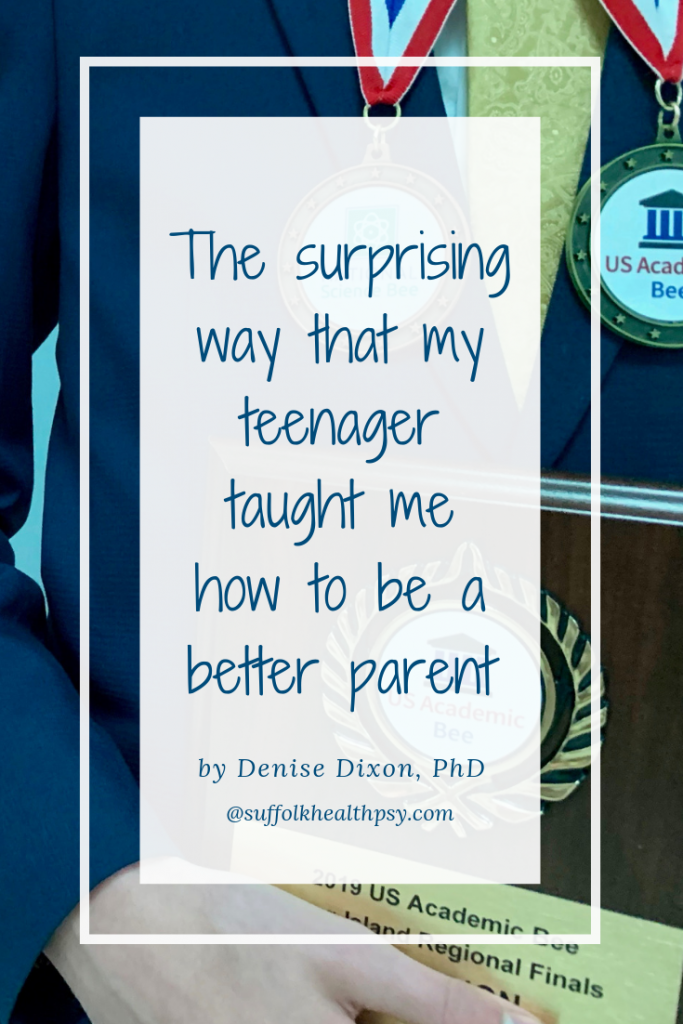
Such is the tale of the surprising way that my teenager taught me how to be a better parent. By asking me to step back, so that I would give him the space that he needed, to succeed on his own two feet, by using his incredible focus, to create his own amazing reality.
Smart kid.
That’s all, dear blog readers. I hope that you enjoyed this blog post!
Do you have a suggestion for a blog post? I’d love to hear from you! Simply click here to tell me all about your idea. Thank you!
Did you enjoy reading this blog post? Please share it, by clicking one of these handy share buttons:
Podcast: Play in new window | Download
Subscribe: RSS

